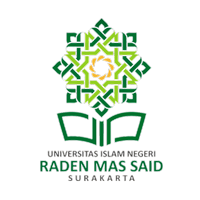The Influence of Digital Competencies and AI Usage On Enhancing Student Engagement, Feedback, and Assessment In Islamic Teacher Effectiveness In Southern Pakistan
Contributors
Tunku Badariah Binti Ahmad
Aizat Bin Shamsuddin
Muhammad Kashif Majeed
Keywords
Proceeding
Track
General Track
License
Copyright (c) 2025 Said Annual Roundtable on Indonesia and Religious Affairs

This work is licensed under a Creative Commons Attribution-ShareAlike 4.0 International License.
Abstract
Efforts to enhance the quality of Islamic education in Southern Pakistan have increasingly focused on assessing teacher effectiveness and developing systems that support the integration of digital competencies and artificial intelligence (AI) usage. Policymakers and practitioners are exploring methods to evaluate and recognize Islamic teacher effectiveness for licensing, hiring, and professional development, particularly in enhancing student engagement, feedback, and assessment. Some are also considering linking compensation to these judgments, either through differentiated wages or additional responsibilities with stipends. This paper draws on emerging research to outline the challenges and opportunities associated with these approaches, proposing a framework for policy systems that can effectively identify and develop more effective Islamic teachers in this region. A mixed-methods study involving 120 teachers from Karachi, Hyderabad, and Sukkur reveals significant positive impacts of digital competencies and AI usage on teacher effectiveness.
